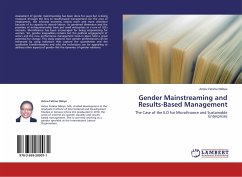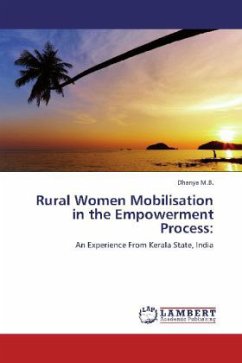The book examines the poverty alleviation capacity of microfinance program in Bangladesh. It reveals that conventional NGOs and Microfinance Institutes (MFIs) are not doing exactly what they are publicly claiming. Microfinance is a good business for its providers; but unfortunately, not so for the poor borrowers. The book also argues that microfinance is not an effective tool for poverty alleviation, particularly for the poor with previous indebtedness. However, it is capable to reduce the poverty of that group of poor who have achieved a certain economic level. The book shows that a poor borrower can never come out from the vicious circle of poverty or remains indefinitely dependent on the NGO-MFIs for microcredit. Microfinance programs, therefore, only give members a temporary relief from the curse of poverty but eventually make them poorer. The book suggests for amendment of the existing lending and borrowing policies of microfinance addressing the diverse socio-economic developmental needs of the poor. In addition, the book suggests for distribution of sufficient loan with reasonable interest upon providing skill training, ensuring proper monitoring and supervision.
Bitte wählen Sie Ihr Anliegen aus.
Rechnungen
Retourenschein anfordern
Bestellstatus
Storno








